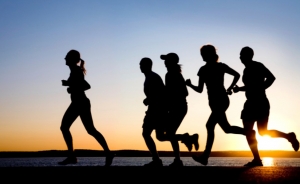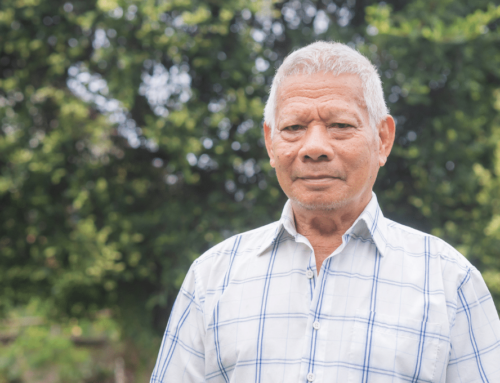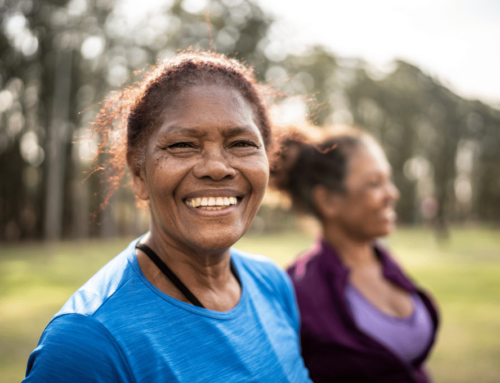Medical professionals regularly recommend exercise to improve diseases such as cardiovascular disease, obesity and diabetes. But exercise is not commonly a significant part of a treatment regimen for people who suffer from mental health problems such as depression and anxiety. Research from the American Psychological Association indicates that modest amounts of exercise can make a difference.
People who exercise regularly tend to do so because it gives them an enormous sense of well-being. They feel more energetic throughout the day, sleep better at night, have sharper memories and feel more relaxed and positive about themselves and their lives. The APA finds it’s also powerful medicine for many common mental health challenges such as:
- Depression
Exercise is a powerful depression fighter for several reasons. It promotes changes in the brain including neural growth, reduced inflammation and new activity patterns that promote feelings of calm and well-being. It also releases endorphins, powerful chemicals in your brain that energize you and make you feel good. Exercise can also serve as a distraction, allowing you to find some quiet time to break out of the cycle of negative thoughts that feed depression.
- Anxiety
Exercise is a natural and effective anti-anxiety treatment. It relieves tension and stress, boosts physical and mental energy and enhances well-being through the release of endorphins.
- ADHD
Exercising regularly is one of the easiest and most effective ways to reduce the symptoms of ADHD and improve concentration, motivation, memory and mood. Physical activity immediately boosts the brain’s dopamine, norepinephrine and serotonin levels, all of which affect focus and attention. In this way exercise works in much the same way as ADHD medications such as Ritalin and Adderall.
- PTSD and Trauma
Evidence suggests that by really focusing on your body and how it feels as you exercise, you can actually help your nervous system become “unstuck” and begin to move out of the immobilization stress response that characterizes PTSD or trauma. Instead of thinking about other things, pay close attention to the physical sensations in your joints and muscles as your body moves. Outdoor activities like hiking, sailing, mountain biking, rock climbing, whitewater rafting, and skiing have also been shown to reduce the symptoms of PTSD.
Mental health conditions are common, treatable and many individuals go on to recover and lead full and productive lives. Unfortunately many people are reluctant to ask for help or simply don’t know where to find it. You can help ensure no one has to face mental illness alone. If you or someone you know feels overwhelmed or unable to cope, we encourage you to reach out for professional help.
For resources or more information about our services click here or call our Access Center: 1-800-963-3377









